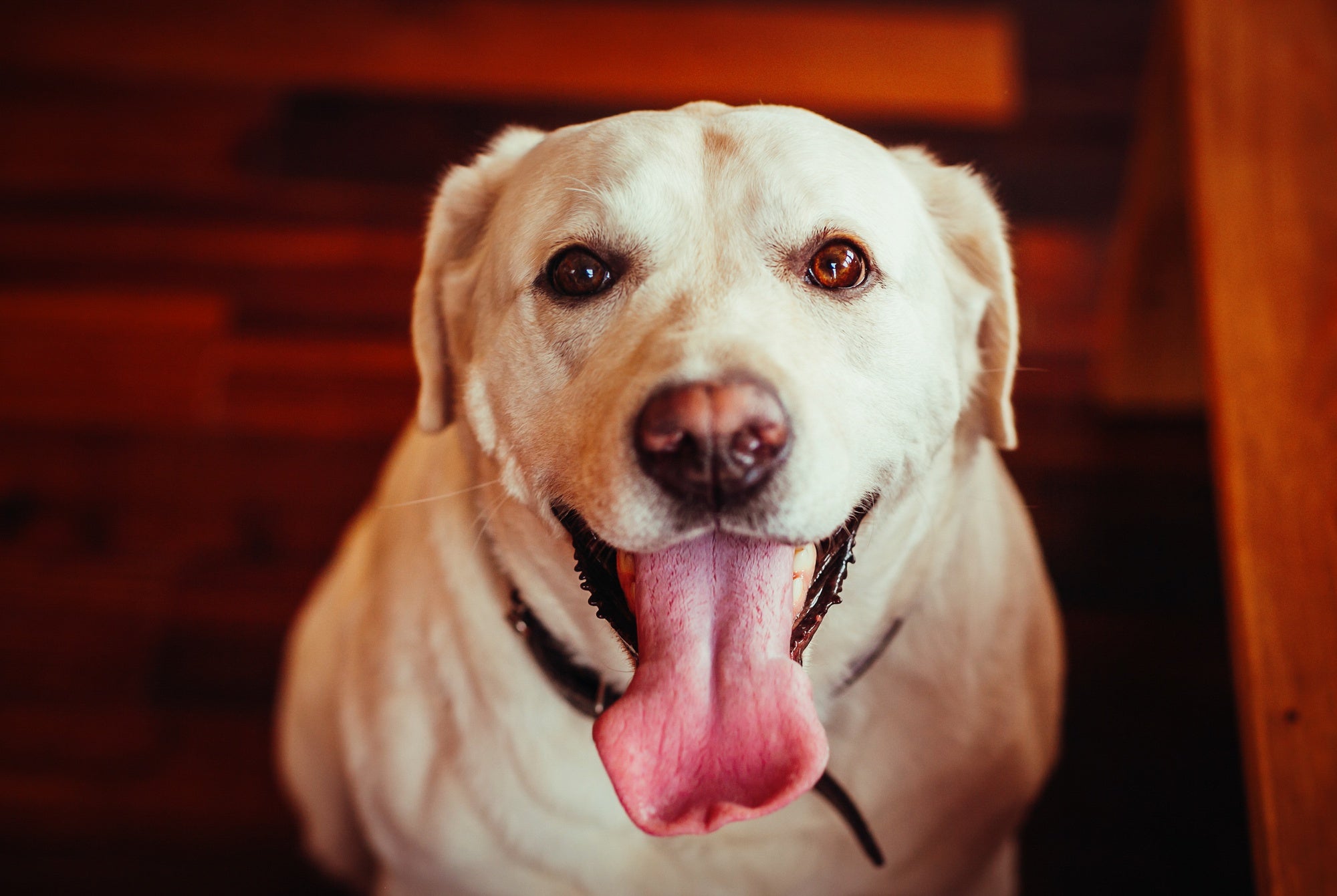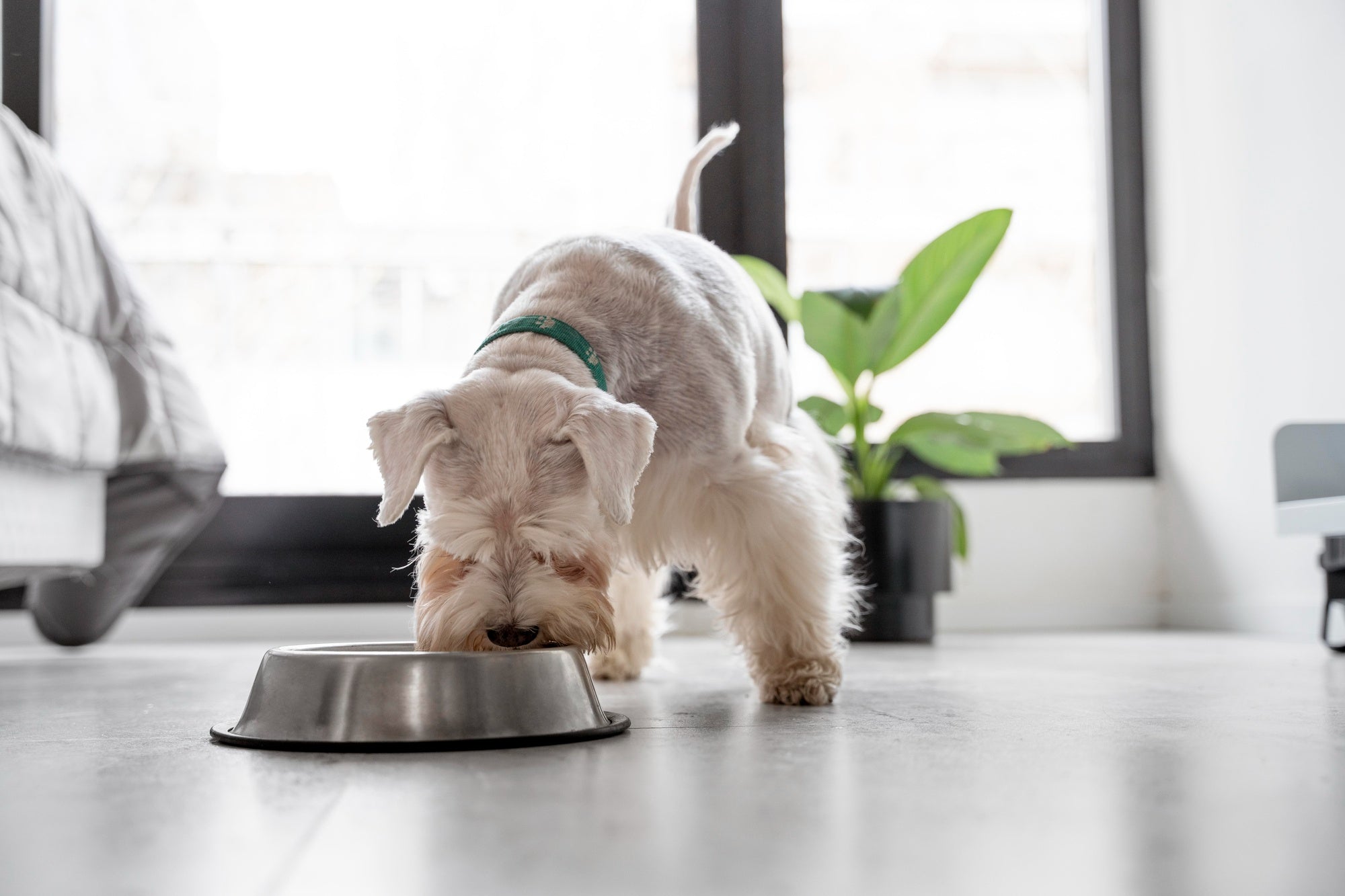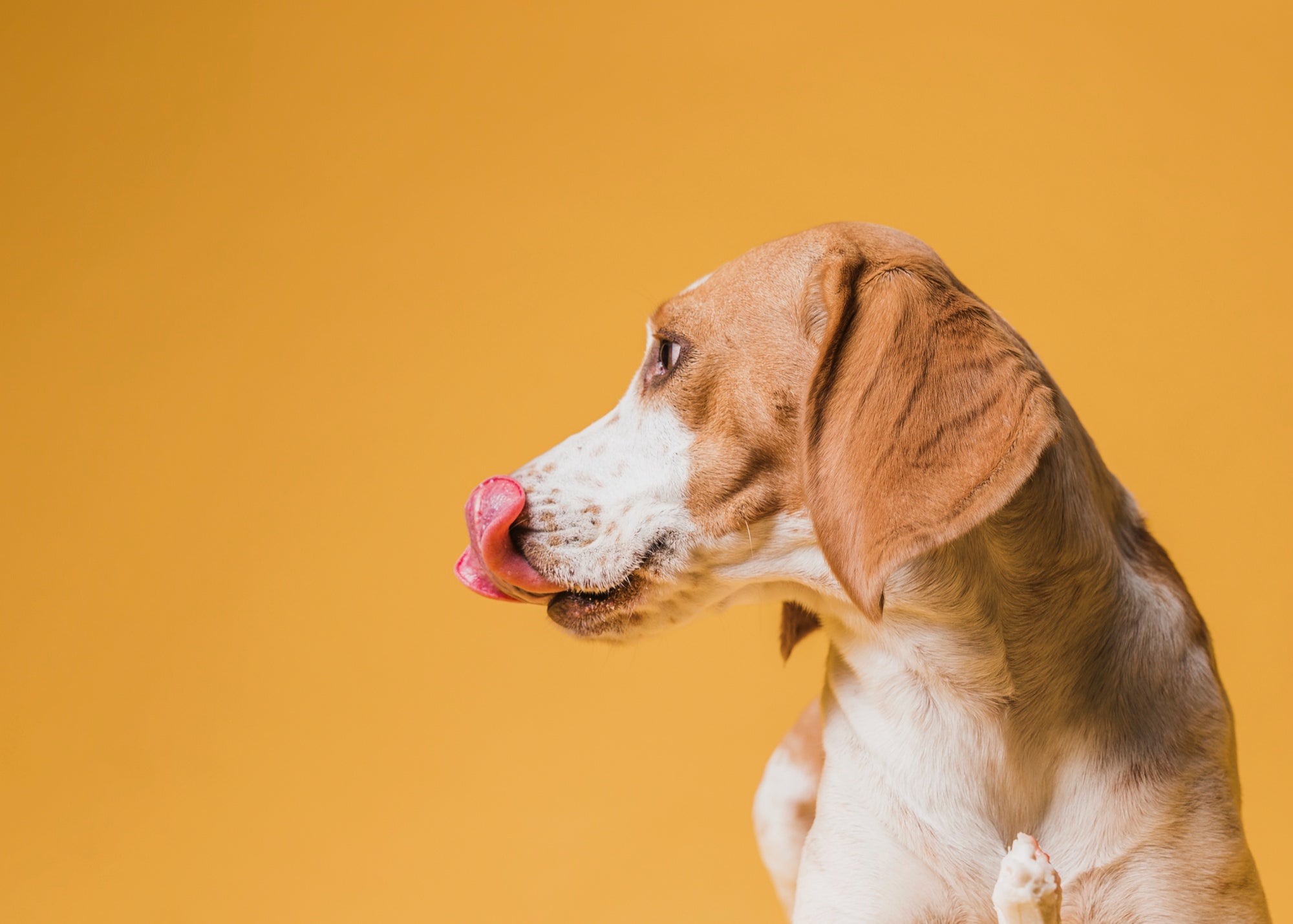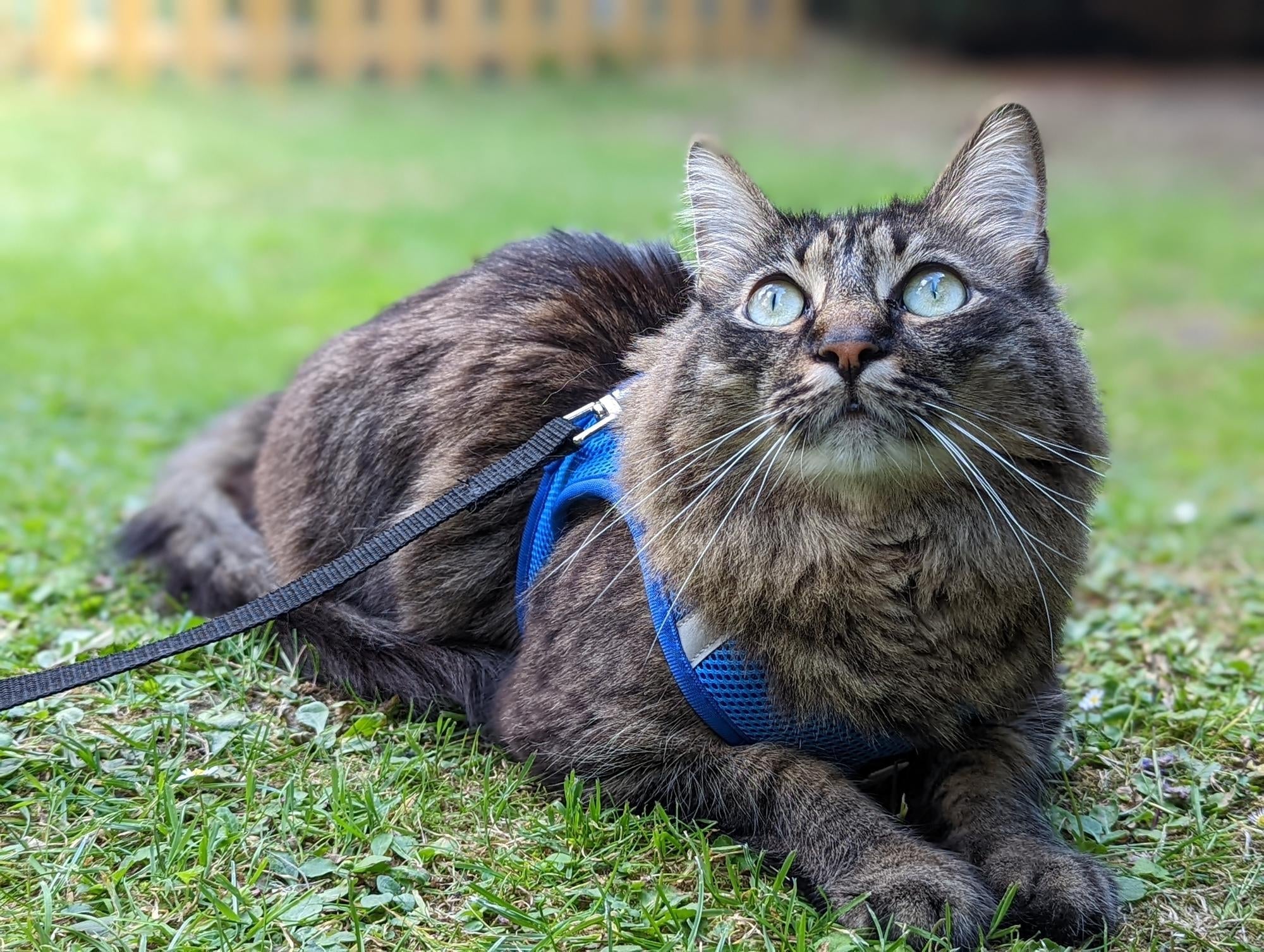Is your dog panting excessively, leaving you worried about their health? While panting is natural for cooling and excitement, rapid breathing can signal anxiety, overheating, or even serious illness. At Pet Nesta, we’re here to help you decode your pup’s panting and provide actionable solutions to keep them calm, cool, and safe.
Why Do Dogs Pant?
Dogs pant to regulate body temperature, manage stress, or cope with underlying health issues. Key reasons include:
-
Heat Regulation: Panting evaporates moisture from their tongue and lungs.
-
Exercise/Excitement: Increased oxygen demand during play.
-
Anxiety or Pain: Stressful environments or hidden discomfort.
-
Medical Conditions: Heart disease, respiratory disorders, or brachycephalic syndrome (common in flat-faced breeds like Pugs).
6 Steps to Calm a Panting Dog (Safely!)
1. Stay Calm & Reassure Your Dog
Dogs mirror human emotions. Speak softly, avoid sudden movements, and offer gentle pets. Pro Tip: Use Pet Nesta’s Adaptil Calming Spray (pheromone-based) to reduce stress.
2. Cool Them Down Strategically
-
Provide fresh water and a shady spot.
-
Place a cooling mat (like Pet Nesta’s Gel-Filled Pad) under their bed.
-
Use a damp towel on their paws/chest—never submerge them in cold water.
3. Create a Safe, Quiet Space
Dim the lights and set up their crate or favorite bed. Add a weighted anxiety blanket for extra comfort.
4. Massage or Acupressure
Gently rub their ears, shoulders, or chest. Avoid if they show pain signals (growling, stiffness).
5. Try Calming Supplements
Pet Nesta’s CBD Relaxation Chews can ease anxiety without sedation (consult your vet first).
6. Monitor for Red Flags
Seek immediate vet care if panting is paired with:
-
Blue/gray gums
-
Labored breathing
-
Collapse or disorientation
When Panting Signals Danger: 7 Serious Causes
Heatstroke
Symptoms: Drooling, vomiting, rapid pulse.
Act Fast: Cool them gradually and rush to the vet. Prevent overheating with Pet Nesta’s Portable Dog Water Bottle during walks.
Brachycephalic Syndrome
Flat-faced breeds struggle to pant efficiently. Use elevated feeders and avoid exercise in heat.
Heart Disease
Labored breathing at rest? Could indicate fluid in the lungs.
Tracheal Collapse
Common in small breeds. A harness (not a collar) reduces throat pressure.
Pain or Injury
Sudden panting after a fall? X-rays may be needed.






